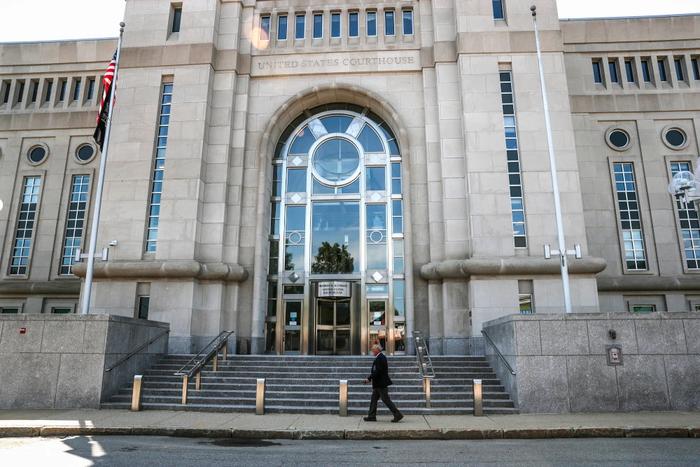
On July 10th, local time, a federal judge in New Hampshire, Joseph Rapland, issued an injunction temporarily halting the implementation of President Donald Trump’s order restricting “birthright citizenship” across the country.
It is reported that Rapland issued a preliminary injunction to temporarily block the effectiveness of Trump’s order and suspended its execution for seven days so that the government could have time to appeal.
Rapland also granted class action status to the case.
In response to the lawsuits filed by the Trump administration attempting to limit “birthright citizenship” through executive orders, the U.S. Supreme Court ruled in favor of the Trump administration on June 27th, stating that federal district courts lack authority to issue nationwide injunctions to prevent such measures from being implemented, while ordering lower courts to reconsider the scope of the policy. The Supreme Court stated that a nationwide injunction “may exceed the powers granted to federal district courts by Congress.”
The “birthright citizenship” policy has a history of over a century in the United States, ensuring that all individuals born in the country are entitled to citizenship regardless of their parents’ status.
On his first day in office on January 20th this year, Trump signed an executive order repealing “birthright citizenship,” which stipulated that newborns of non-citizens or legal permanent residents cannot automatically obtain U.S. citizenship. This executive order triggered a series of legal disputes, with federal district court judges in Maryland, Washington, and Massachusetts among other states issuing nationwide injunctions to prevent the executive order from taking effect. Following these developments, the Trump administration urgently requested the U.S. Supreme Court to rule on whether federal district judges have “judicial jurisdiction” to issue nationwide injunctions.